Bernhard Sekles: Chamber Music
Bernhard Sekles (1872-1933) was one of the leading figures in German music in the first decades of the twentieth century, prominent as composer, educator and administrator. In 1928, as director of the Hoch Conservatorium in Frankfurt, he established the first academic programme in jazz studies, an act of courage and conviction that unleashed furious attacks from the Nazi press. His own music, banned during the Third Reich, has been virtually forgotten, although he composed in all major genres, including opera, symphony, lieder and chamber music. As the works on this recording illustrate, Sekles' music finds room for diverse elements — including Neoclassicism, Brahmsian Romanticism and jazz — and can be refreshingly quirky.
Solomia Soroka, viola, violin
Noreen Silver, cello
Phillip Silver, piano
Listen To This Recording:
- Chaconne on an Eight-Bar March-Theme, Op. 38, for viola and piano (publ. 1931)
- I Sostenuto assai (Schwerlastend) – Allegro marcato ma moderato
- II Intermezzo: Lento – Presto – Prestissimo
- III Tema con Variazioni
- I Praeludio: Moderato ma energico
- II Scherzino: Vivace
- III Intermezzo: Larghetto
- IV Finale: Yankee-Doodle con Variazioni – Allegretto comodo (Nicht schnell)
- I Allegro ma non troppo
- II Andantino
- III Vivace
- IV Allegro maestoso
Cello Sonata, Op. 28 (1919)
Capriccio in Four Movements for piano trio (publ. 1932)
Violin Sonata, Op. 44
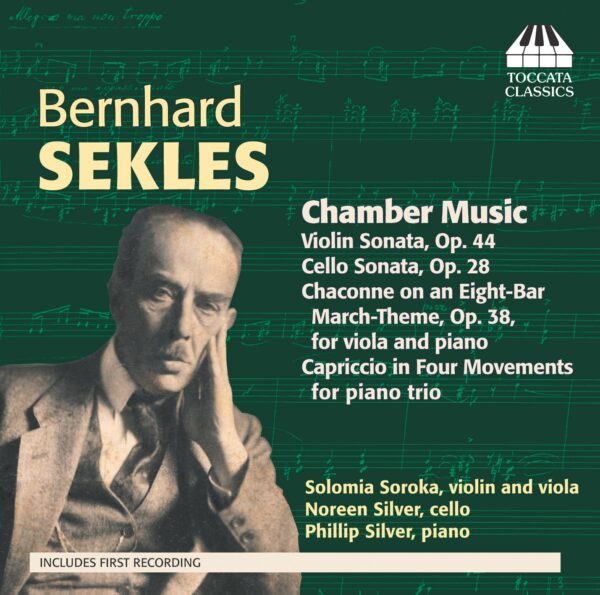
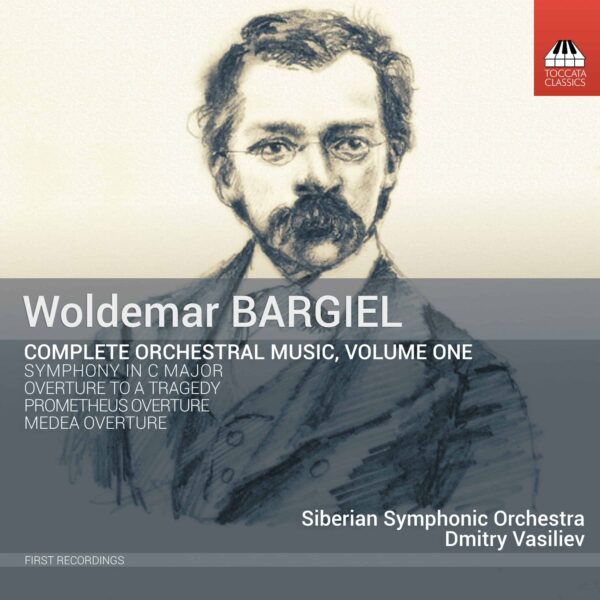
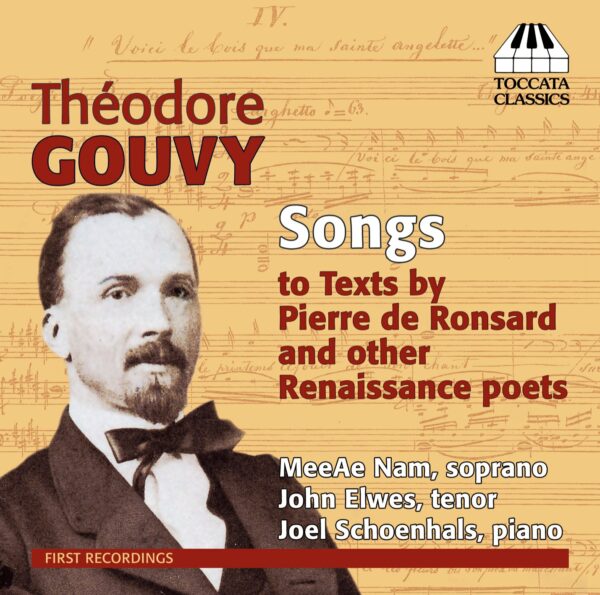
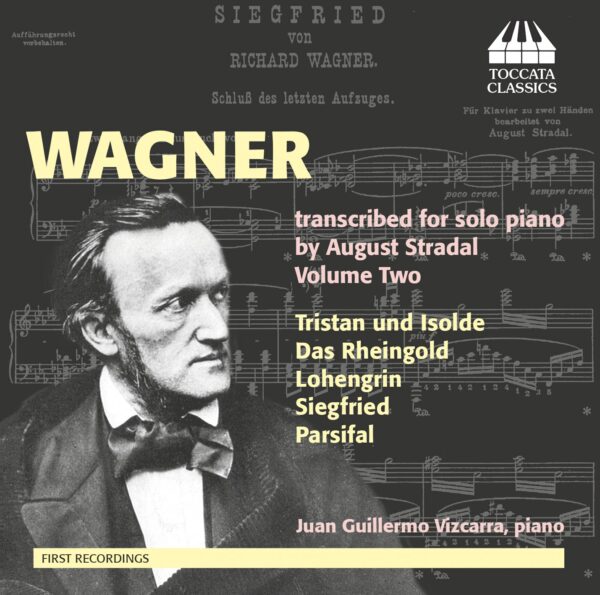
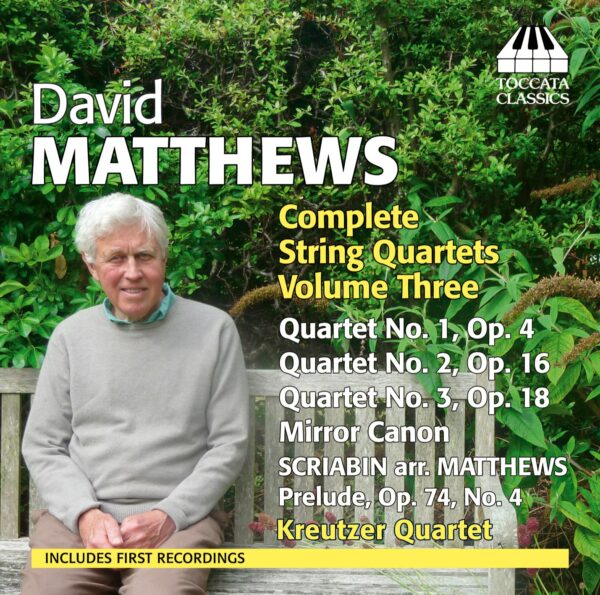
MusicWeb International :
‘I am so pleased to have had the opportunity to have been introduced to this composer who I really hope will emerge from obscurity with the help of this disc. He thoroughly deserves to be heard by every chamber music lover. These three musicians have done the composer great service in projecting their obvious admiration for Sekles into their playing which is flawless and makes the disc a really valuable discovery.’
—Steve Arloff, MusicWeb International
Fanfare Magazine :
‘the finale [Capriccio in Four Movements] offers some genuine fun, a delightful set of variations on Yankee Doodle. It shows what a great composer can do with the simplest of tunes and, by itself, it would make a fine encore. […]
Soroka is a wonderful technician’
—Maria Nockin, Fanfare Magazine, July/August 2013